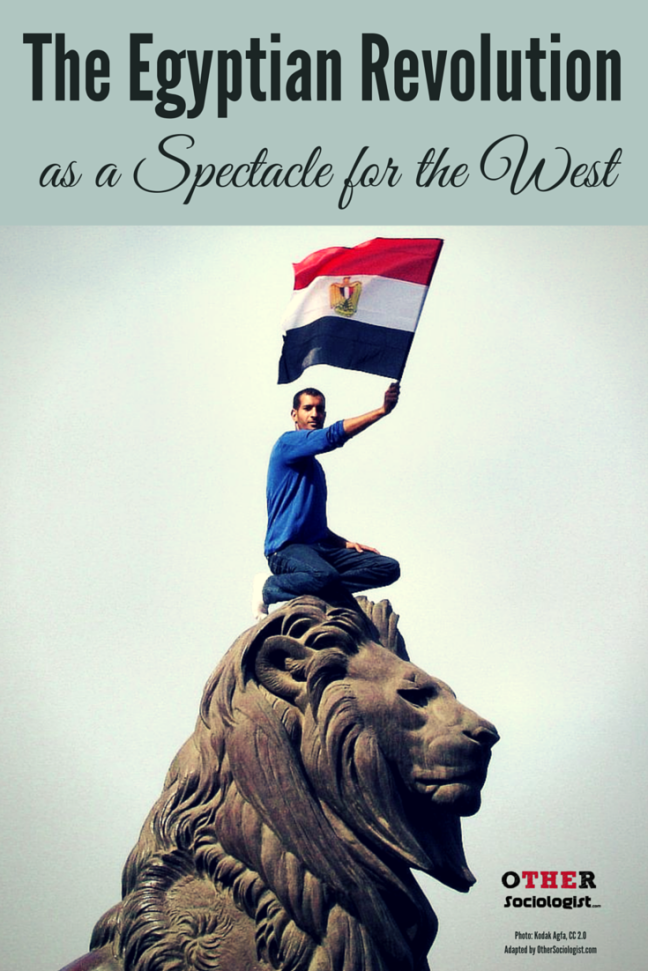Students from Mansoura, a city two hours north of Cairo in Egypt, put on an art show of their graffiti in late December. These street artists use their creations to protest against the injustice being committed by the Egyptian authorities.
The first image is found all over the city. It shows a soldier zipping up his pants. The writing reads something to the effect of “I am free to piss on my people”.
The second image says: “Down with military rule.”
The centrepiece is a stenciled image of a photograph that caused international anger, of riot police dragging a woman whilst ripping her shirt open. It reads: “Would you accept this for your mother?? Would you accept this for your sister??”
The final image reads: “NO SCAF” (Supreme Council of the Armed Forces).







